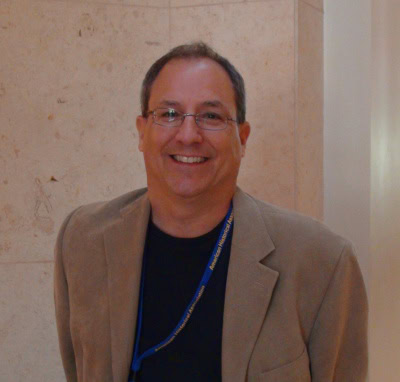This resource was developed as part of the AHA’s Tuning project.
Institution: Alverno College
Degree Name: Bachelor of Arts in History and Bachelor of Arts in Social Studies-History
Location: Milwaukee, WI
Year: 2014
Purpose of the Degree
Alverno College is a four-year liberal arts college dedicated to the undergraduate education of women. The purpose of the Alverno College Bachelor of Arts in History and the Bachelor of Arts in Social Studies-History is to provide students with the opportunity to develop their abilities as historians. Alverno faculty teach and students learn that history is a way of knowing, a way of thinking about and encountering the world. This means that graduates of Alverno College’s history program are adept at evaluating and employing both primary and secondary sources to systematically analyze and interpret historical phenomena. Graduates also demonstrate their ability to communicate those understandings effectively to a variety of audiences.
Our department embraces an approach to historical analysis and writing that requires each student to study and evaluate a wide variety of historical times, regions and agents from ancient to modern times as a means of understanding the complexity and multiple realities of historical experience. This allows the student to draw on a sophisticated critical analysis of historical interpretations, and to develop her own historical interpretations, while simultaneously recognizing them as culturally conditioned constructs.
Characteristics of the Program
Alverno College provides a distinctive approach to historical study that requires students to demonstrate their abilities as historians in the context of a developmental curriculum. Alverno’s history program is grounded in an interdisciplinary humanities curriculum that requires students to consider the history discipline in the context of philosophy, religious studies and literature. This context allows students to both employ humanistic learning in their study of the past and to also understand what makes historical study distinctive from other humanities disciplines in its approach to evidence, interpretation and communication.
As part of the history program, students are required to “do history”. This means that students construct their own interpretations of the past using secondary and primary sources. They also have the experience of applying their abilities as historians in a professional environment through a required internship. Finally, our program, taught exclusively by full-time faculty holding a doctorate in history, is shaped by a curriculum that requires students to take world, regional, United States and thematic history as well as to evaluate the role of gender, race and class in every course.
Career Pathways for the Graduate
Our program emphasizes that a student should be exploring career pathways throughout her time at Alverno College. Students are given multiple opportunities to discuss and plan for their future careers with their history department advisor and professional career advising staff. All students do at least one internship while in our program and simultaneously reflect on the connections to their disciplinary study in their internship seminar. Because Alverno history classes emphasize applied teaching and learning of historical concepts, students develop their skills and portfolios for future work. Alverno history alums have careers in teaching at all levels, instructional technology, public history, library science, archival management, general non-profit work such as grant writing and program management, corporate archives, corporate research, writing and publishing, marketing/branding, data visualization, cultural heritage management, and law.
Educational Style
Alverno College is an international leader in abilities-based outcome driven education. All of Alverno’s history classes are taught in small, seminar style formats that rarely exceed 25 students. Alverno faculty members create engaging, student-centered learning environments that require all students to participate in lively discussion, close analysis and public performances of their work. This might take the form of a formal presentation or the creation of an independent or collaborative online resource. All assessments are given intensive feedback by the instructor and students are routinely required to provide self assessment of their work. This allows the students to be reflective practitioners of history as they can identify their strengths and areas in need of improvement both with instructor feedback and eventually on their own. This creative and collaborative process provides students with multiple experiences of applying their disciplinary learning to multiple professional contexts.
Program Competencies and Outcomes
The history department has developed a set of learning outcomes that reflect the work students are able to do upon graduation. They include:
- Identify culturally grounded assumptions that have influenced the perception and behavior of people in the past and identifies those that influence your own perception and behavior
- Identify and critique the theories, concepts, and assumptions that historians have used to create coherent interpretations of the past
- Identify, analyze and communicate the implications of values and valuing orientations that underlie your own and other historians’ choices of subjects for study, their theoretical approaches to these subjects and their interpretations of these subjects
- Independently use theories and conceptual frameworks to organize, synthesize, and communicate your interpretations of historical phenomena
- Take responsibility for your own interpretations of the past by explaining and defending them publicly in a variety of personal and professional contexts
Students demonstrate these outcomes in their upper-level history courses through both in-class and public assessments.
Related Resources

June 9, 2024

